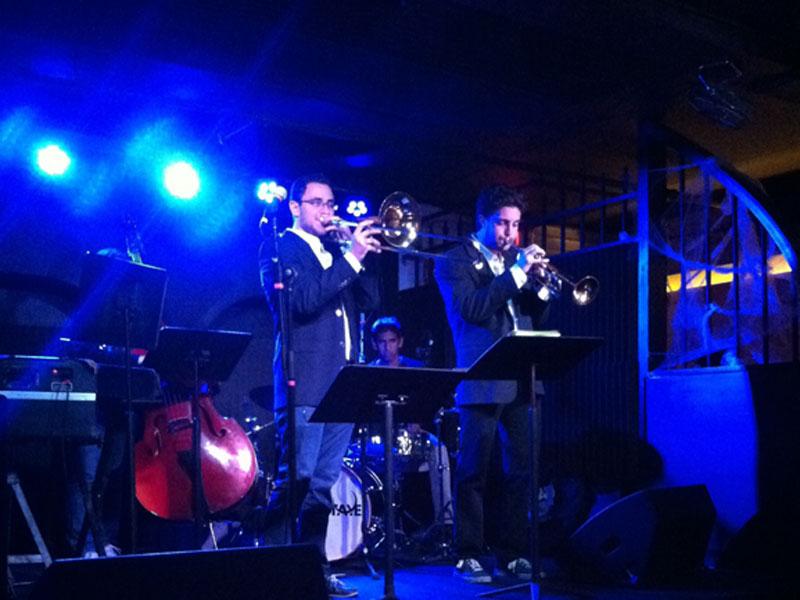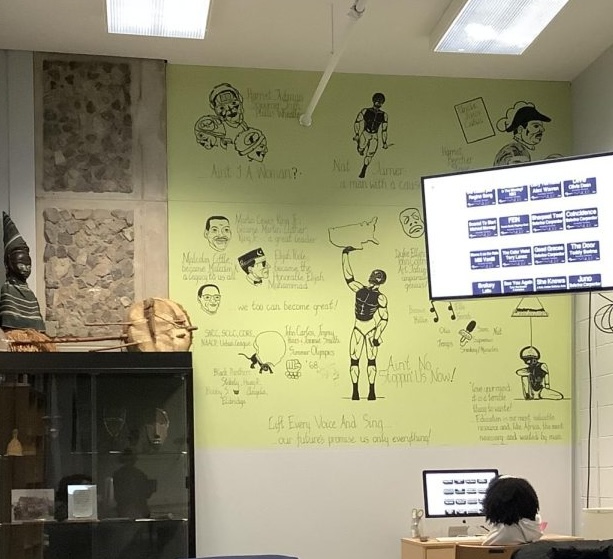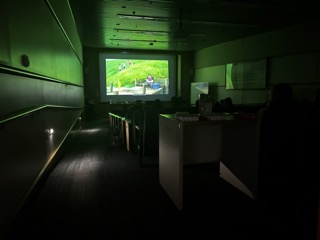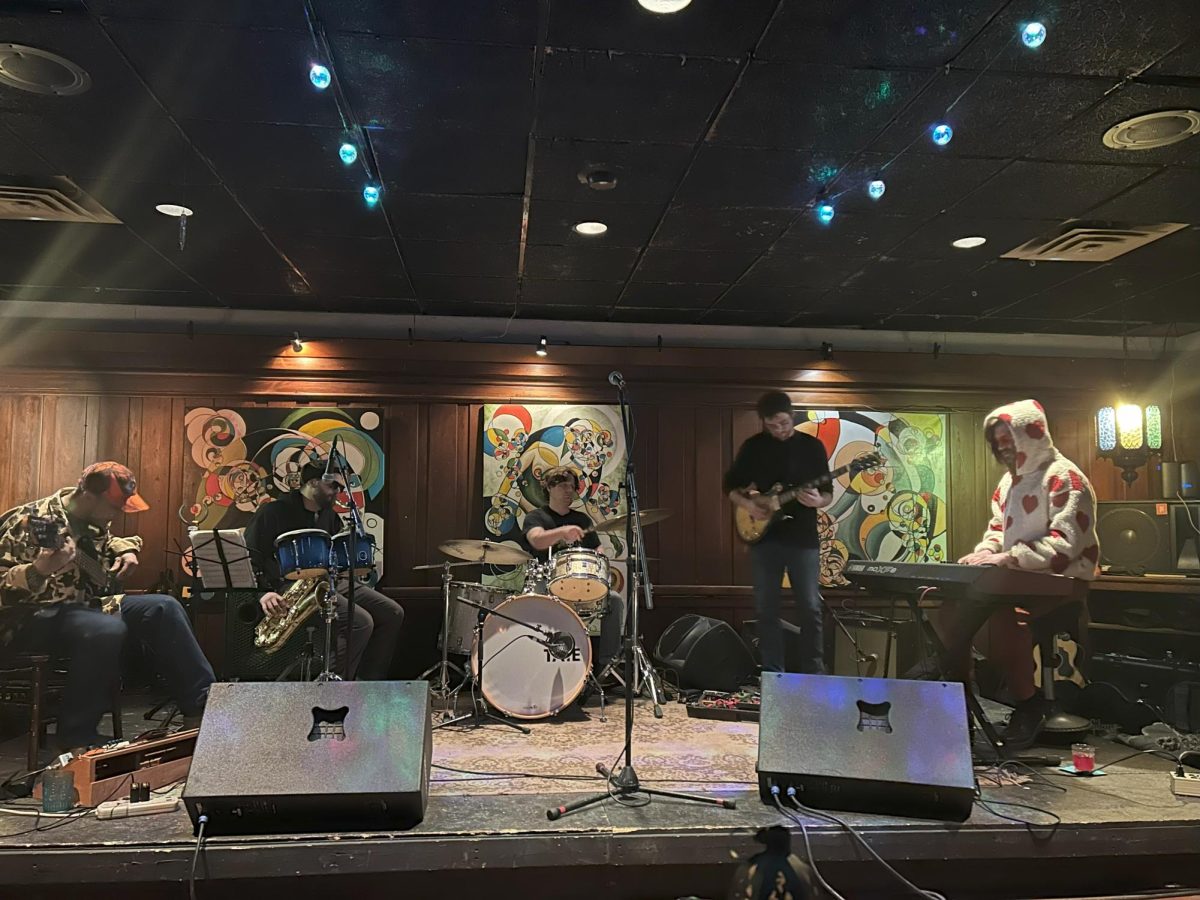The first time Amer played trumpet he was 10 years old. His passion for music was strong and he carried it on into college.
While Amer is trying to contribute to the jazz scene that had little traction when he arrived to Cornell through his club, Angelo Peters, booking and events manager at The Gates and frontman of the local band Big Mean Sound Machine, said times are hard for live musicians, especially financially.
Castaways, a popular entertainment venue on Taughannock Boulevard, closed in April 2012 due to financial instability and rising maintenance costs.
“The loss of Castaways was big,” said Eric Laine, owner of McNeil Music of Ithaca. “The music scene is still looking for something to replace it. We definitely have a need for another small to mid-sized live music venue.”
Laine has seen the variety of bands playing at the local venues, the number of live music venues and show attendance fluctuate over the years. He attributes this to the local economy, which contributed to the closing of Castaways.
Bubba Crumrine — president of the board at Ithaca Underground, a non-profit that helps to organize, book and promote local bands — agrees with Laine.
“Anytime a popular venue like Castaways closes, it creates a bit of a bottleneck and it can be difficult to book spaces,” Crumrine said. “Less venues can just make it harder for new local bands to start up and find a place to play.”
Right now is a tough time for live music in general because it’s not fueled at all by album sales. He said people just don’t buy as many records as they used to, which has contributed to the struggle of up-and-coming musicians in Ithaca, Peters said.
Despite the fluctuating quantity of musicians the quality of performances in Ithaca is on the rise, said Dan Smalls, of Dan Smalls Presents, Inc., a talent buyer, concert promotion, and event production company based in Ithaca, N.Y.
“Acts are choosing this market over others,” he said. “Good audiences and good treatment by promoters and staff help build a reputation for a town.”
Ithaca’s musical performance scene was not immediately affected by the economic recession, which allowed his business to continue, but not thrive, Smalls said.
“Parents always take care of their kids, so students still have money,” he said. “And that feeds the local economy keeping us somewhat insulated. But this year, all of a sudden, times are tougher.”
But there still is hope for local performers. Laine said the area’s bands should still be showcased at the existing venues. Another alternative way of doing so, he said, is through the community radio station, WRFI.
“One great new development is that we have a community radio station, WRFI, operating out of the Clinton House,” he said. “This provides a great new opportunity for bands to get exposure that most local musicians are just now catching on to.”
Through this change, musicians continue to find Ithaca a home to their art. Crumrine said he is fond of Ithaca because of the constant musical collaboration.
“There’s a certain amount of transience that comes with this city, which is part of the reason I like it,” he said. “Fresh minds and ideas are constantly coming into the mix.”













